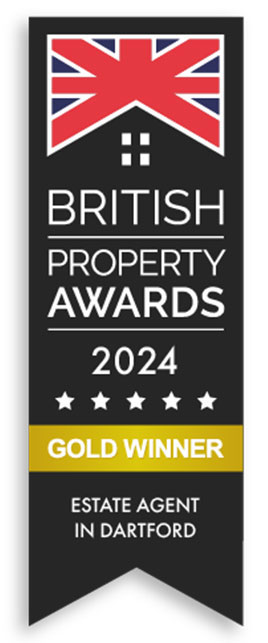Knowledge Hub
- Details
- Hits: 1329
Building your own home could become more mainstream thanks to Government plans to create a Gran Designs-style revolution by giving low cost loans to those who take the plunge.
A Help to Build scheme, supported by more than £150 million in Government funding, is designed to make building or customising homes a realistic option for Britons to get on the housing ladder through low deposit mortgages. It follows the popular Help to Buy scheme for first time buyers which began in April 2013.
As well as the self-build, the scheme will promote made-to-order homes that can be customised from existing designs. This could include more office space or features to support particular requirements for the disabled or elderly. The Government estimates there could be up to 40,000 self and custom built homes a year.
Housing Secretary, Robert Jenrick said: 'Building your own home shouldn't be the preserve of a small number of people, but a mainstream, realistic and affordable option. The scheme will help the thousands of people who'd like to build their own home but who have not yet considered the option.'
MP Richard Bacon is reviewing how to boost construction of self-built homes, and will report in the summer.
- Details
- Hits: 1365
First-time buyers will be able to get o the property ladder with just 5 per cent deposit under a government scheme launched yesterday.
High street banks including Lloyds, Santander and Barclays will start offering state-backed mortgages worth up to 95 per cent of the value of a home. The scheme, announced by Chancellor Rishi Sunak in the Budget, is designed to encourage banks to offer low-deposit mortgages by ensuring a government guarantee in case of losses.
Both first-time buyers and currant home owners will be able to access the mortgages to but houses worth up to £600,000. It comes as the average price of a UK property coming to market has hit an all-time high of £327,797, according to research from property website Rightmove.
Housing Secretary Robert Jenrick said ministers want to turn 'generation rent' into 'generation buy'. He added: 'For too many people, no matter how hard they work, home-ownership can seem out of reach. One of the biggest divides in our country has been between those who can afford their own home and those who cannot. That's why we are determined to do everything we can to help hard-working families and first-time buyers get their feet on the housing ladder in an easy and affordable way, to level up this country.'
- Details
- Hits: 1408
A new drive to revitalise high streets is under way. Planning restrictions will be relaxed so that empty shops can be turned into flats, cafes or restaurants more easily.
Housing Secretary Robert Jenrick says full planning applications will no longer be required to convert unused retail premises for residential use. It will also become easier to change the use of empty business spaces into cafes or restaurants.
The package of planning measures will also a 'fast track' scheme for extending public buildings, such as hospitals, schools and colleges. These are currently allowed to build small extensions without the need for full planning applications, but the new rules will take this process further and faster with a more streamlined system. The Ministry of Housing, Communities and Local Government says converting unused commercial buildings into homes will encourage more people to live near high streets and use the areas for both work and leisure.
It insists that homes built under the new system will be subject to high standards , ensuring that they provide adequate natural light and meet space standards. Thousands of shops have shut during the past 12 months as the pandemic hugely accelerated changes already being forced on the High Street by the rise of online shopping. Mr Jenrick said: 'We are creating the most small business friendly planning system in the world to provide the flexibility needed for high streets to bounce back from the pandemic. By diversifying our town and city centres and encouraging the conversion of unused shops into cafes, restaurants or even new homes, we can help the high street adapt and thrive for the future.
The government has also announced changes to permitted development regulations to ensure demolition of unlisted heritage assets, such as statues, memorials and monuments, must be approved by planners.
- Details
- Hits: 1410
In the estate agency business you learn more about people, community issues, life and the impact of government, than any other profession that I know of.
Johnny Isakson
- Details
- Hits: 1397
First - time buyers must typically find £59,000 for a deposit, research shows. The figure has risen by nearly 312,000 in the past year, Halifax says.
Rising house prices and requirements for a bigger deposit as a proportion are to blame for the rise.
The average deposit - about a quarter of the asking price - is highest in London at £132,685, with Northern Ireland the lowest at £30,150. Andrew Asaam, Halifax mortgages director, said; "Raising a deposit is still the biggest struggle for those looking to take their first step on to the property ladder."

Fox Estates, 94 Brent Lane, Dartford, DA1 1QX
Tel: 01322 479660 | Email: office@foxestateagents.com
Properties for Sale by Region | Privacy & Cookie Policy | Complaints Procedure
Fox Estate Agents Ltd. registered in England no. 07343061
Registered address, 8 Twisleton Court, Priory Hill, Dartford, Kent, DA1 2EN
VAT Number: 255007821
©
Fox Estates. All rights reserved.
Powered by Expert Agent Estate Agent Software
Estate agent websites from Expert Agent


